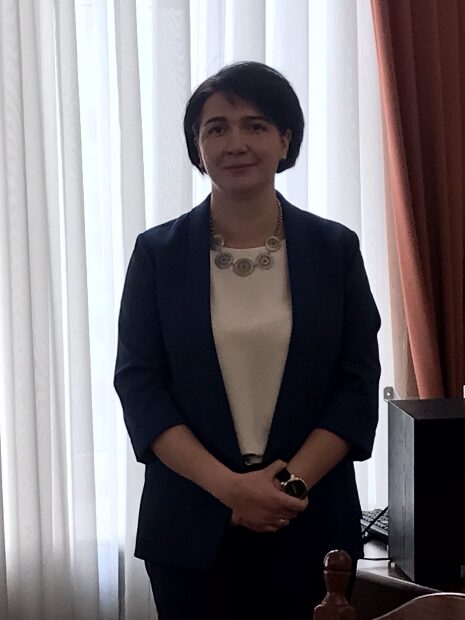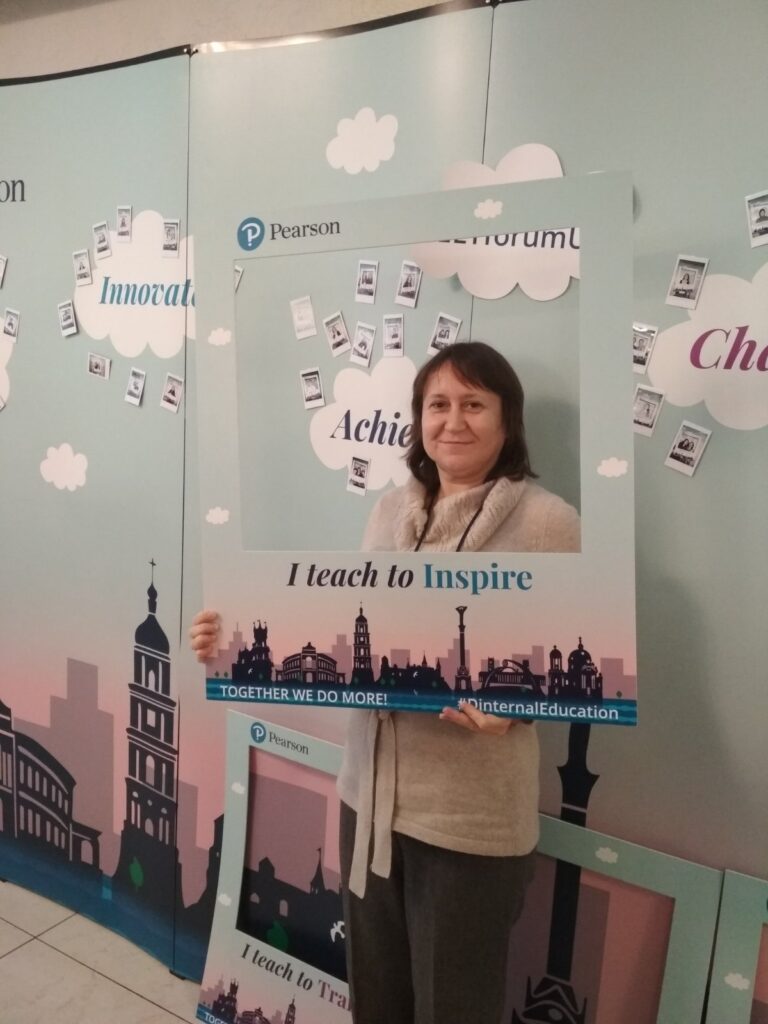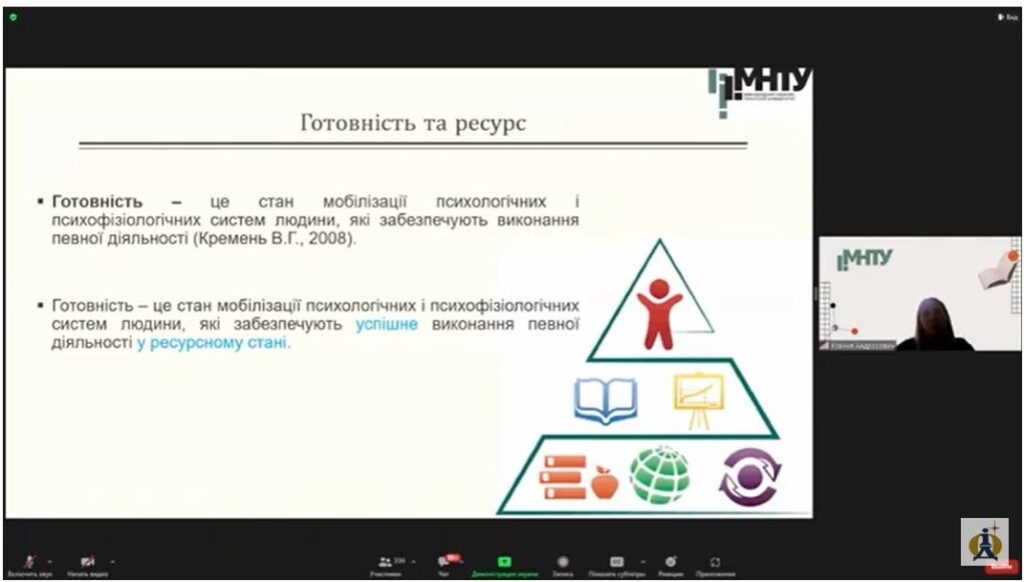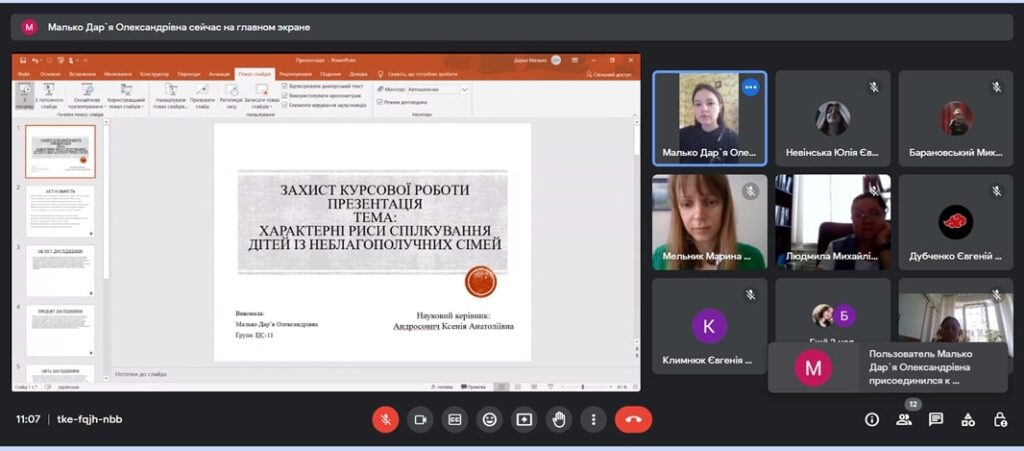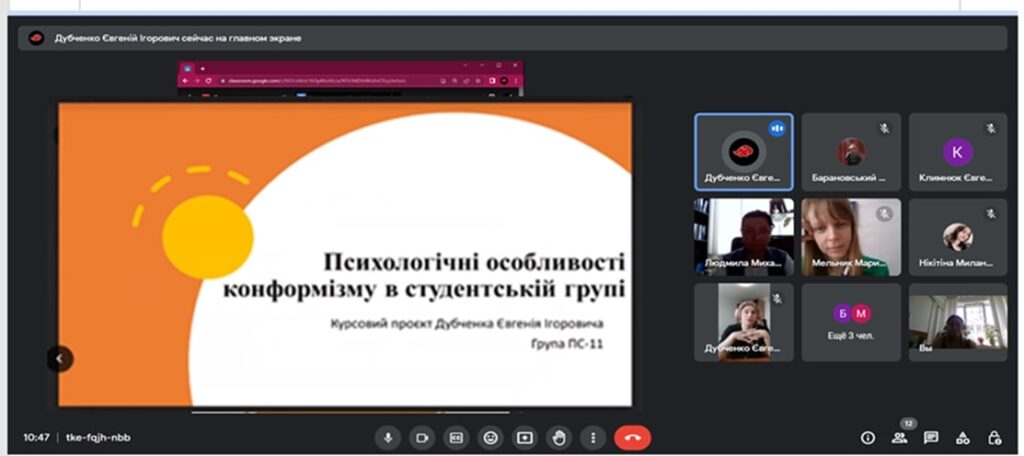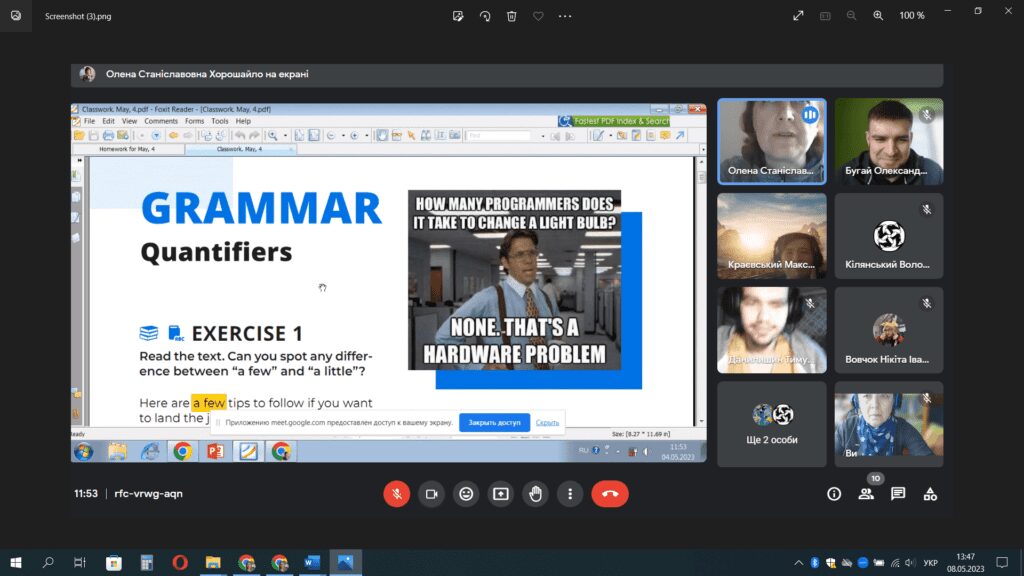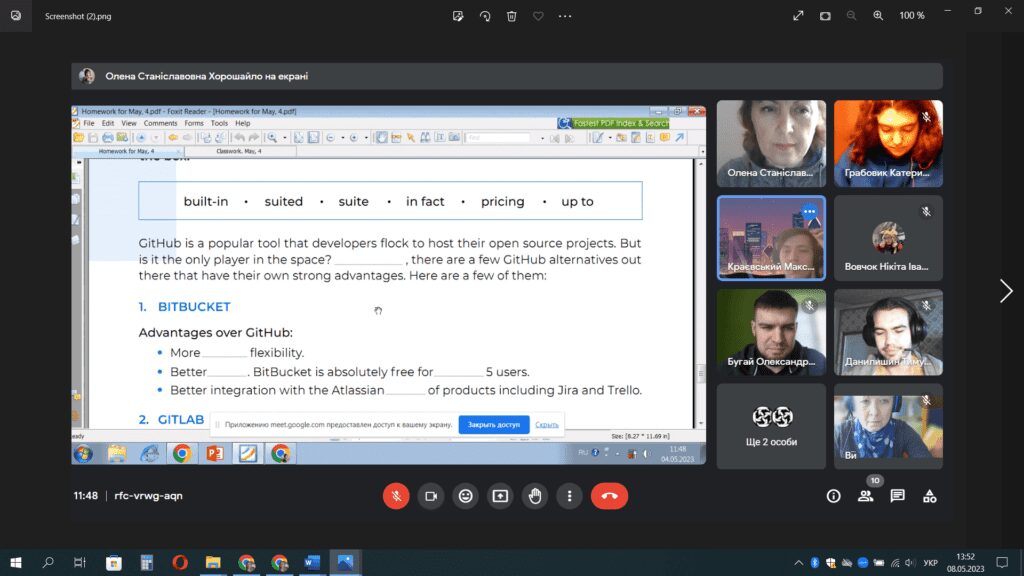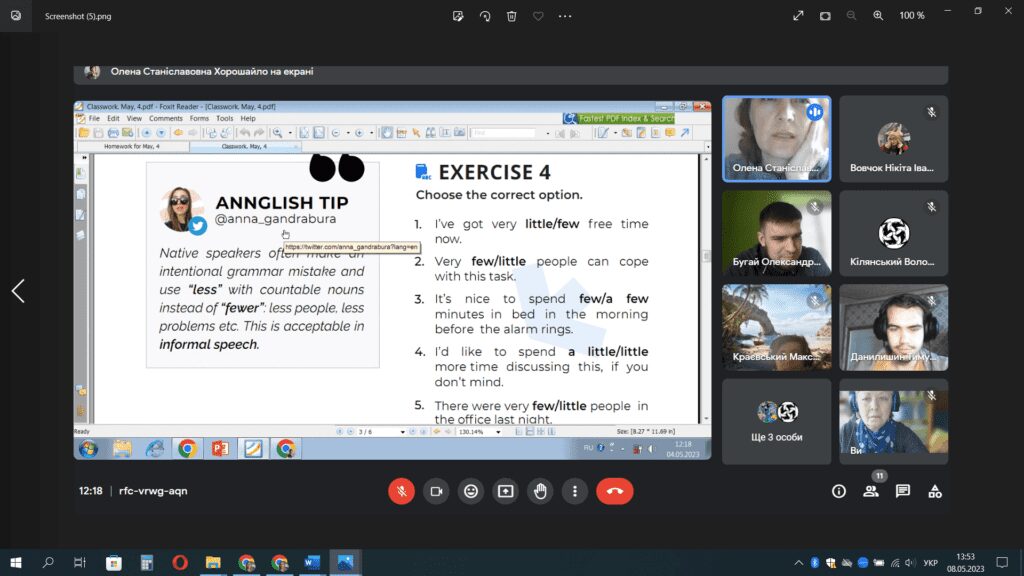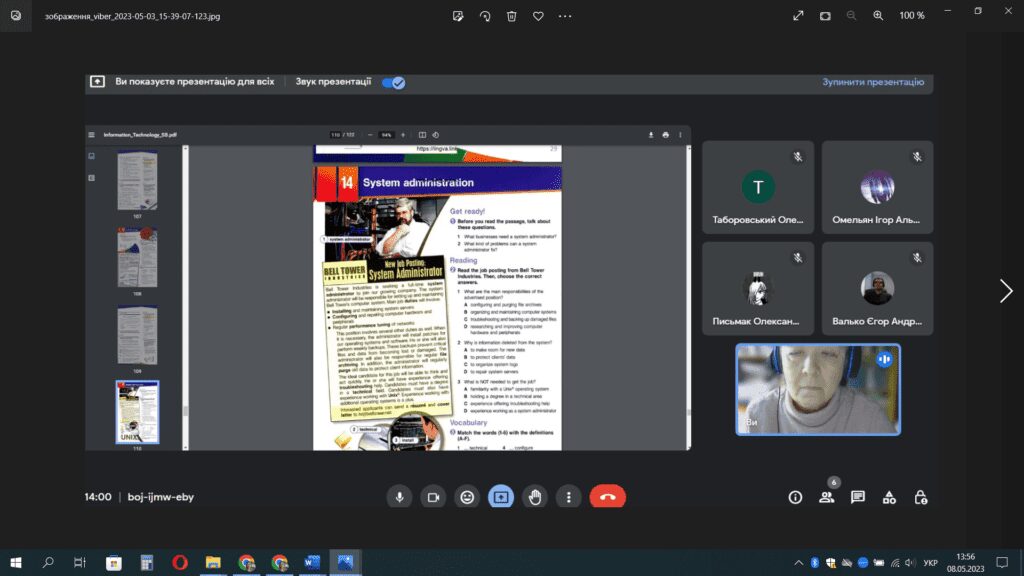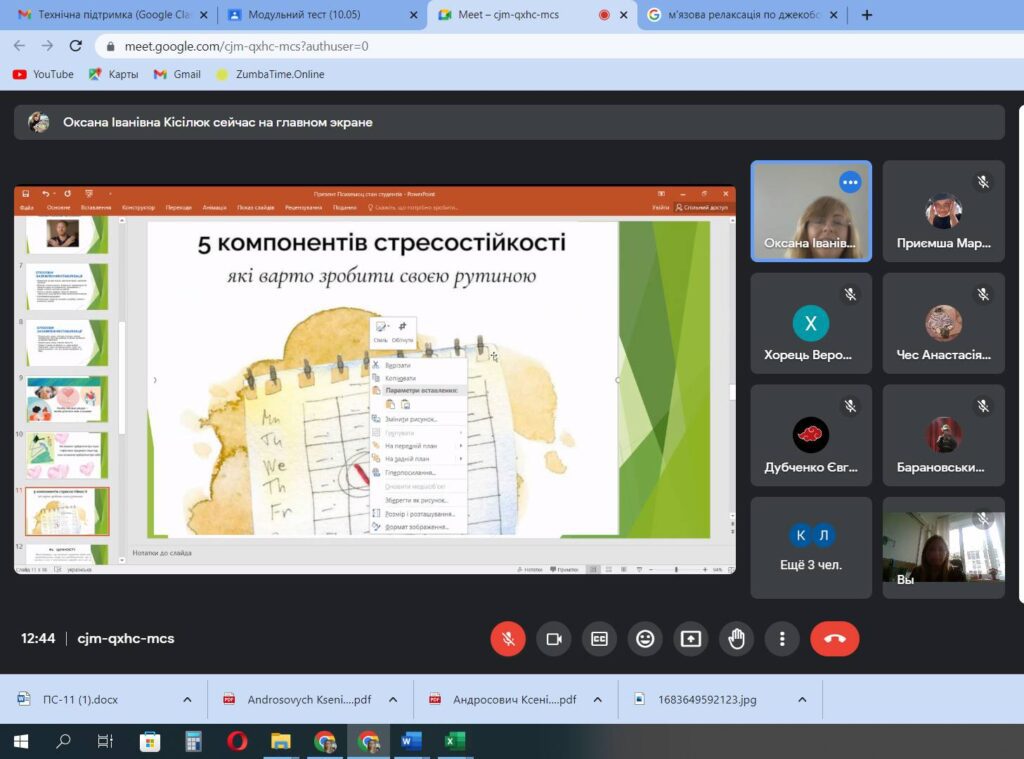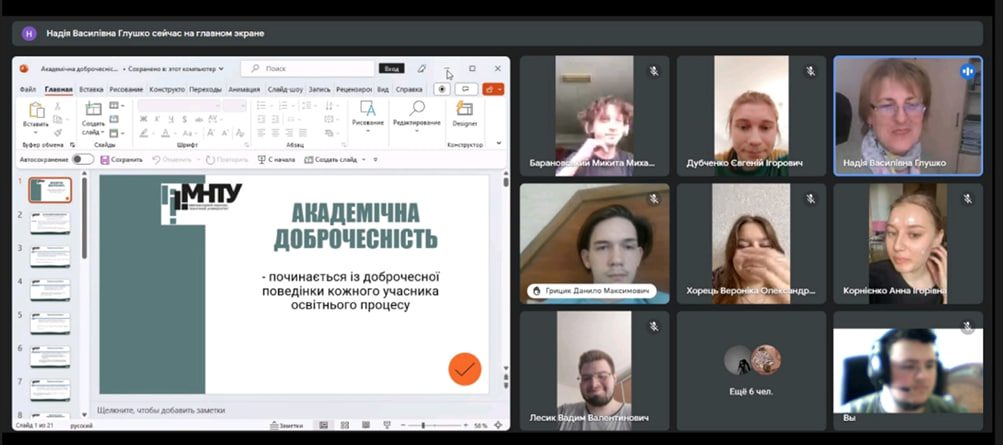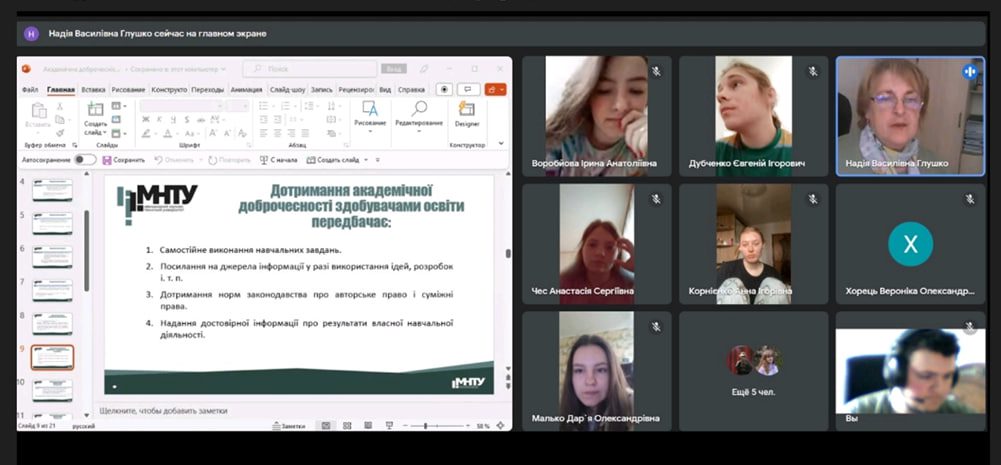Coursera made public report, which features the fastest growing digital and human skills in 2023. By identifying the necessary professional skills, educational institutions can provide better knowledge to their employees and students, which are necessary for entering the competitive labor market and for career development.
Digital skills refer to a range of abilities that allow you to understand, use and create a quality product using technology. They include everything from text to social media and software development to cyber security. The range of digital skills is constantly changing.
Human skills make up our ability to relate to one another. They include a range of cognitive, social and emotional skills such as creativity, critical thinking, interpreting information, decision making, leadership and communication.
The following digital skills will grow the fastest in 2023:
· Software development according to the Scrum methodology
Scrum is a management framework in which one or more cross-functional teams create a product incrementally, that is, step by step. There can be about seven people in the team. Scrum has a system of roles, events, rules and artifacts. In this model, teams are responsible for creating and adapting workflows. Scrum uses fixed-duration iterations called sprints. They usually take 1-2 weeks (no more than 1 month). Scrum teams strive to create a release-ready (quality-tested) product increment in each iteration.
· Data visualization
Data visualization is a graphic presentation of information, thanks to which you can succinctly present in an image what would take more than one paragraph in the text equivalent. The most common methods of data visualization are graphs, charts, infographics, diagrams, interactive storytelling, business analytics, maps and cartograms.
· Customer Success Tools
In an increasingly digitized world, user interaction skills enable consumers to meet their needs quickly and appropriately. The rise of digital technologies that enhance the user experience, such as customer success tools used to effectively manage sales and customer processes, demonstrate the growing importance of digital skills in fields traditionally focused on human skills.
· Electronic Commerce
Electronic commerce or e-Commerce is an area of the economy in which advertising, promotion, trade and financial transactions are conducted directly on the Internet. That is, when you buy or sell something on the Internet, this is e-Commerce. From the point of view of business owners, manufacturers and suppliers, e-commerce is the promotion and provision of their goods or services over the Internet. And from the point of view of buyers (clients) - browsing, choosing, comparing and ordering.
· CRM software
CRM (Customer Relationship Management) is an application software designed to automate interaction with customers (customers), in particular to increase the level of sales, optimize marketing and improve customer service. This is achieved by saving information about customers, the history of relationships with them, improving relevant business processes and further analyzing the results.
· User interface design
User interface design (abbreviated as UX, UXD, UED, or XD) is the principles and associated process of developing user interfaces for machines and software (such as computers, home, mobile, and other electronic devices) that achieve the most user-friendly and intuitive the way users use them.
· Software development using the Agile methodology
Agile is a way of thinking and a philosophy that corresponds to a set of approaches (Scrum, Kanban, XP, Lean) and management methods (Management 3.0). A key feature of the Agile methodology is to create comfortable conditions for maximum value as a result of the work of the entire team. At the same time, the concept is suitable both for the field of IT technologies and for conducting a wide variety of business.
· Software framework development
A framework or software framework is a platform that provides a framework for developing software applications. This can be a working program template that can be selectively modified by adding code. It takes shared resources such as libraries, image files, and reference documents and combines them into a single package. This package can be modified according to the specific needs of the project. With a framework, a developer can add or replace features to give the application new functionality.
· Development of software systems
Systems development is the process of defining, designing, testing, and implementing new software or programs. This may include developing custom systems in-house, building database systems, or purchasing software developed by third parties.
· Search optimization
Search engine optimization or SEO (Search Engine Optimization) is a set of actions to optimize and promote a site, as well as to increase its position in search results. SEO includes two directions: on-page SEO (internal optimization) and off-page (Off-site) SEO (work on the development of the site's link profile and obtaining backlinks from external resources).
The fastest growing human skills of 2023:
· Storytelling
Storytelling is the art of telling stories for the purpose of education, management by conveying the content of the message using a special technique. Storytelling is of interest all over the world, as the explanation of material in the form of storytelling develops imagination, logic and raises the level of cultural education. Stories tell the story of how decisions are made and relationships are built.
· Change management
Change management is tools and approaches that help to make effective changes in the company. From top management to rank-and-file employees, the need for change can arise at any level of the organization or at all at the same time.
· Organizational development
Organizational development is a critical science-based process that helps organizations develop their capacity to change and achieve greater effectiveness by developing, improving, and strengthening strategies, structures, and processes.
· Influence skills
Influence skills are the ability to behave in such a way as to get others to change (their behavior, attitudes, thoughts and ways) and to satisfy your own desires, even though they may be unable or unwilling to do so.
· People management
People management is a whole set of skills and knowledge in managing employees.
· culture
Cultural competence is the ability to interact effectively with people from other cultures. This involves understanding and respecting the values, beliefs and customs of others. It also involves being aware of your own cultural biases and how they may affect your interactions with others. Cultural competence is important in a variety of settings, including the workplace, health care, education and social services. It can help you build strong relationships, resolve conflicts, and provide better service.
· Cooperation
Collaboration skills are what enable you to work well with others. Most work environments require collaboration, so these skills are essential. Collaboration involves understanding different perspectives and managing everyone's priorities. Successful cooperation requires mutual respect. Employers typically look for employees who function effectively as part of a team and are willing to balance personal achievement with group goals.
· Decision-making
Decision making is the process of making decisions by gathering information and evaluating alternative solutions. Using a step-by-step decision-making process can help you make more informed and thoughtful decisions by organizing relevant information and identifying alternatives. This approach increases the chances that you will choose the most satisfactory alternative.
· Communication
Communication skills are the abilities you use when you give and receive different kinds of information. Communication skills involve listening, speaking, observing and empathizing. It is also helpful to understand the difference in how to communicate through face-to-face interactions, telephone conversations, and digital communications such as email and social media.
· Planning
Planning skills are practical, everyday abilities that make it easier to manage workloads, complete tasks, and collaborate with others. There are various examples of planning skills, including critical thinking, attention to detail, and communication. Learning to improve your planning skills can improve your productivity in the workplace and enable you to support others in meeting deadlines and achieving their goals.
Global job skills trends in the report include:
· The fastest growing digital skills
The ten fastest growing skills are digital skills. The constant development of technology means that employers are regularly looking for new digital skills from potential employees, as well as reskilling existing employees.
· The fastest-growing digital skills are changing more significantly than the fastest-growing human skills
The top ten digital skills are significantly different from last year. It's worth noting that only two have remained unchanged: data visualization and user experience. The need for people skills remains stable, indicating continued demand for skills such as management and communication.
· Management skills to effectively manage change are among the fastest growing
Managers have come under greater pressure since the pandemic and in a context of greater macroeconomic uncertainty. In response, organizations are recognizing the growing importance of the leadership and management skills needed to effectively manage change at the individual, team, and organizational levels.
· The need for skills focused on user experience is growing
With digitization accelerating in all industries, user interaction skills are essential as consumers expect their needs to be met quickly, efficiently and conveniently. Skills related to customer success tools and user experience development have attracted increased interest.
· Skills that combine technical expertise and project management are new to the list this year
As organizations increase investment in digital skills, having a skill set that helps organizations manage and support technical teams is more important than ever to meet internal deadlines and goals, ensure smart allocation and management of resources, and improve efficiency.
· Skills such as visualization and data analysis are in growing demand as they can complement traditional human skills such as people management and storytelling
As organizations look to benefit from data-driven approaches across teams from IT to HR, the ability to understand and use data to communicate effectively is becoming a must-have skill — regardless of career path.
· Communicating with colleagues, clients and prospects are key skills for hybrid work
In 2023, effective communication will remain a vital skill for both students and organizations. These skills help companies connect with customers, manage internal teams and strategic discussions.
Therefore, we can conclude that in 2023, human and digital skills will become even more interdependent. While digital skills were the fastest growing this year, the Coursera report shows that both digital and human skills are in demand by employers.































